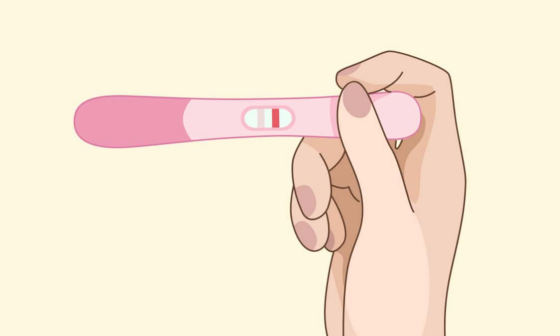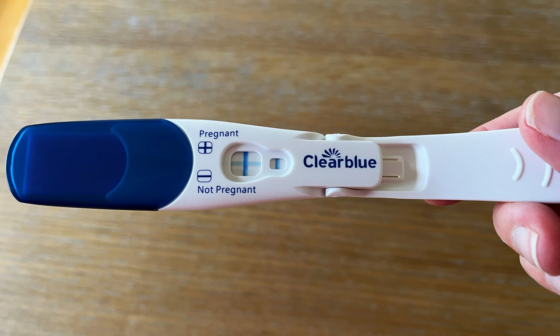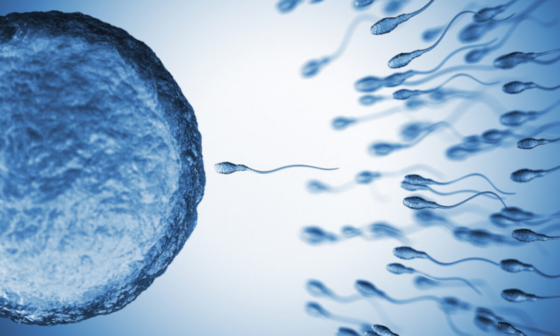Pregnancy is a complex biological process that has sparked countless myths and misconceptions over the years. One of the most common questions people ask is: Can you get pregnant by swallowing sperm? The straightforward answer is no. Below, we’ll explore the science behind pregnancy, what happens when sperm is swallowed, and why this scenario cannot lead to conception.
How Pregnancy Happens
To understand why swallowing sperm does not result in pregnancy, it’s essential to grasp how pregnancy occurs. For conception to take place, sperm must enter the vagina and travel through the cervix to meet an egg in the fallopian tube. If fertilization occurs, the fertilized egg then implants itself into the uterus, beginning the pregnancy process.
This sequence relies on sperm being deposited in the vaginal canal, either through sexual intercourse or assisted reproductive techniques. Without direct contact between sperm and the female reproductive system, pregnancy cannot happen.
What Happens When You Swallow Sperm?
Swallowing sperm is entirely unrelated to reproduction. When sperm is ingested, it enters the digestive system, not the reproductive system. Here’s what happens:
- Digestion Begins in the Mouth: Enzymes in saliva start breaking down proteins, including those found in sperm.
- Travel Through the Esophagus: The sperm moves to the stomach.
- Breakdown in the Stomach: The stomach’s acidic environment destroys sperm cells, rendering them inactive.
- Absorption in the Intestines: Nutrients from sperm (if any) are absorbed as the digestive process continues.
Because the digestive system is completely separate from the reproductive system, there is no pathway for sperm to travel from the stomach to the ovaries or uterus.
Debunking Common Myths
Despite clear scientific evidence, myths about swallowing sperm persist. Let’s address a few:
Myth 1: Swallowing Sperm Can Cause Pregnancy
Fact: Pregnancy requires sperm to fertilize an egg in the reproductive system. Swallowing sperm only involves the digestive tract, which cannot facilitate conception.
Myth 2: Swallowed Sperm Travels to the Ovaries
Fact: The digestive and reproductive systems are entirely separate. Sperm cannot move from the stomach to the ovaries or uterus.
Myth 3: Sperm Survives in the Stomach
Fact: The stomach’s acidic environment destroys sperm almost instantly, making it biologically impossible for it to remain viable.
Are There Any Benefits or Risks of Swallowing Sperm?
Potential Benefits
Swallowing sperm is generally safe for most people. Sperm contains small amounts of protein, vitamins, and minerals. While these quantities are minimal, some people view the act as a way to enhance intimacy in a relationship.
Possible Risks
While swallowing sperm is usually harmless, there are some risks to consider:
- Sexually Transmitted Infections (STIs): If a partner has an untreated STI, swallowing sperm can transmit infections such as gonorrhea, chlamydia, or HIV.
- Allergic Reactions: Though rare, some individuals may have a semen allergy, leading to mild or severe reactions.
Practicing safe sex and open communication with your partner can help mitigate these risks.
Frequently Asked Questions
Can Swallowing Sperm Affect Fertility?
No, swallowing sperm does not impact fertility in any way. Fertility is influenced by factors such as egg quality, sperm quality, and overall reproductive health.
Is Swallowing Sperm Safe During Pregnancy?
Yes, swallowing sperm is generally safe during pregnancy, provided both partners are free of STIs. It does not affect the baby or the pregnancy.
Does Swallowing Sperm Have Health Benefits?
While sperm contains trace amounts of nutrients, these are negligible and do not provide significant health benefits. The act is more about personal and relational preferences.
Conclusion
The idea that swallowing sperm can lead to pregnancy is a myth that has been thoroughly debunked by science. Pregnancy can only occur when sperm enters the vagina and fertilizes an egg. Swallowed sperm is processed by the digestive system and cannot reach the reproductive organs.
Understanding the basics of human reproduction can help dispel these misconceptions and promote healthy conversations about sexual health. If you have further questions or concerns, consult a healthcare provider or explore additional resources on our website. Remember, knowledge is key to making informed decisions about your body and health.






